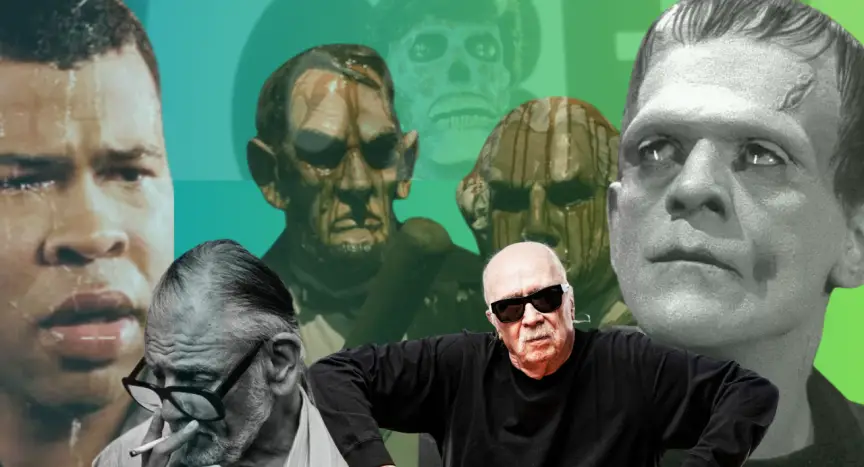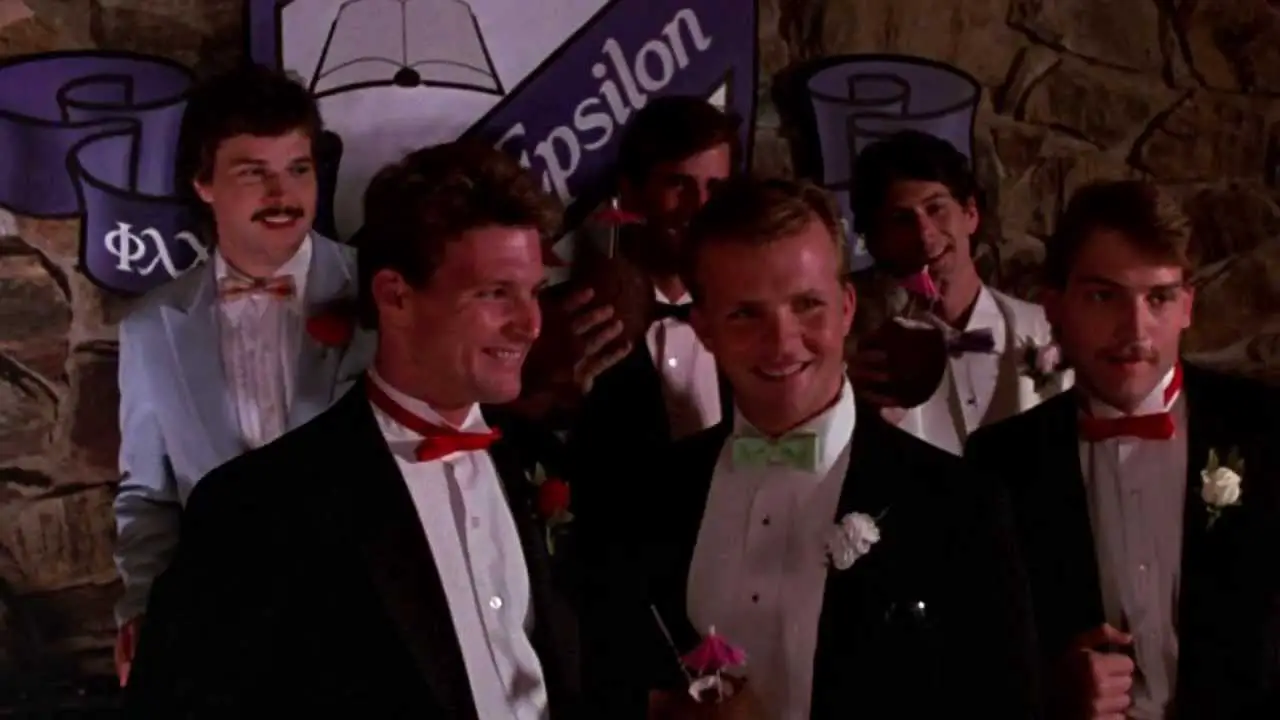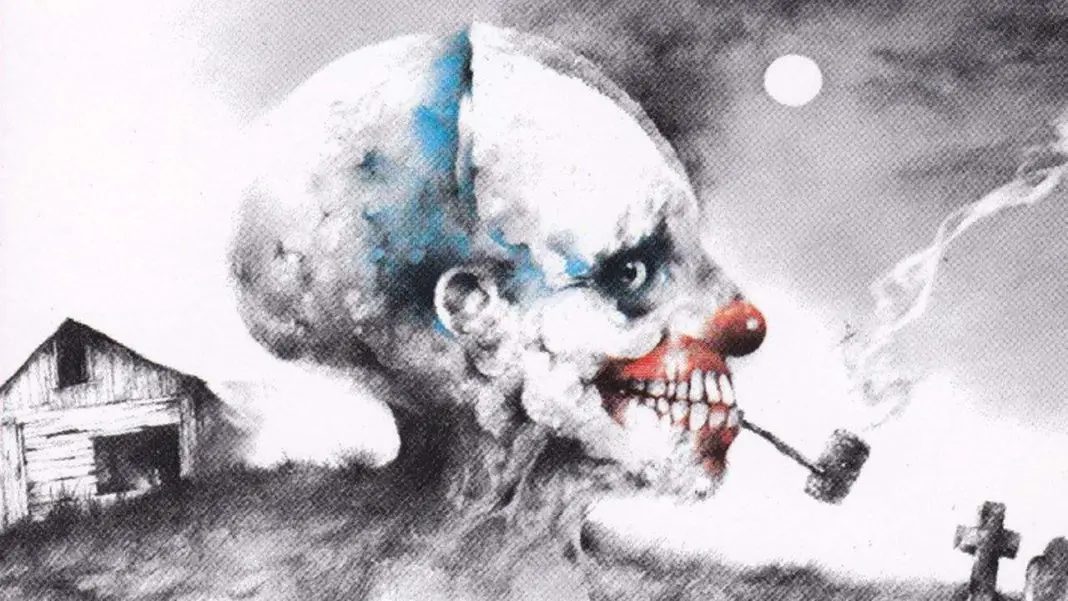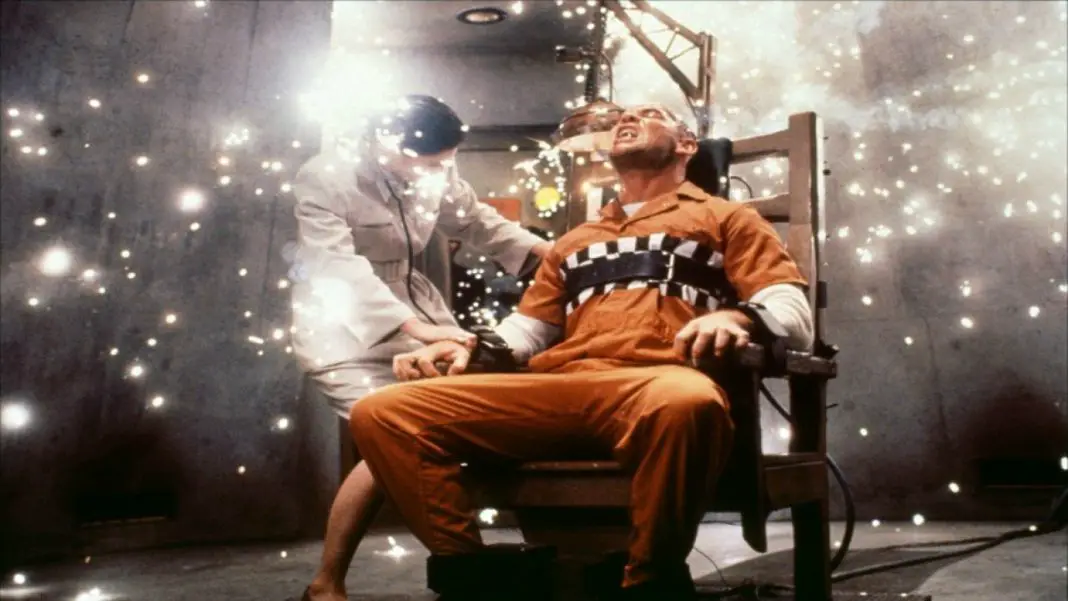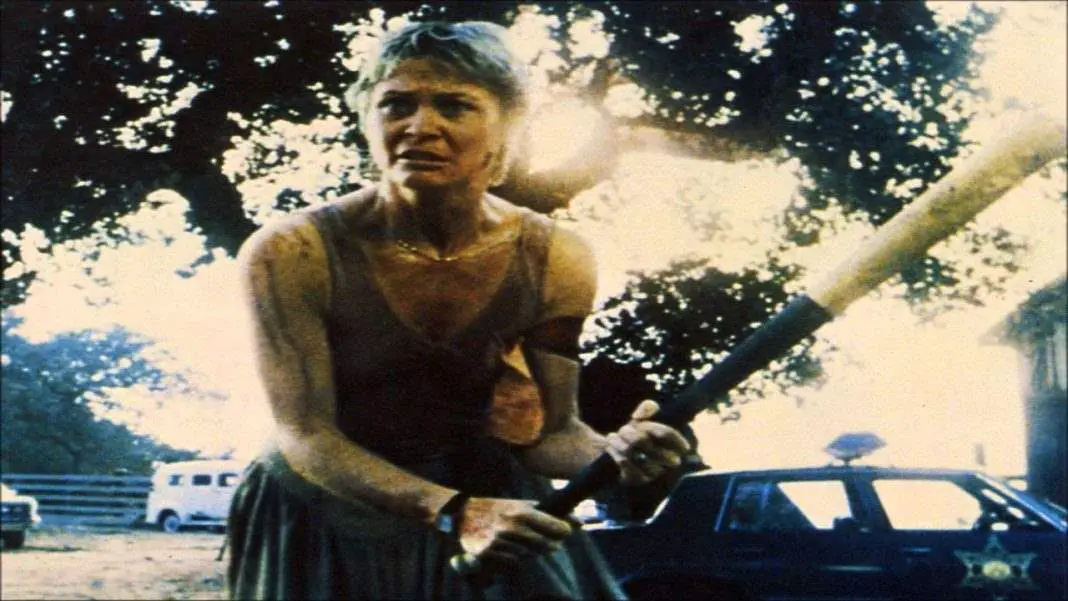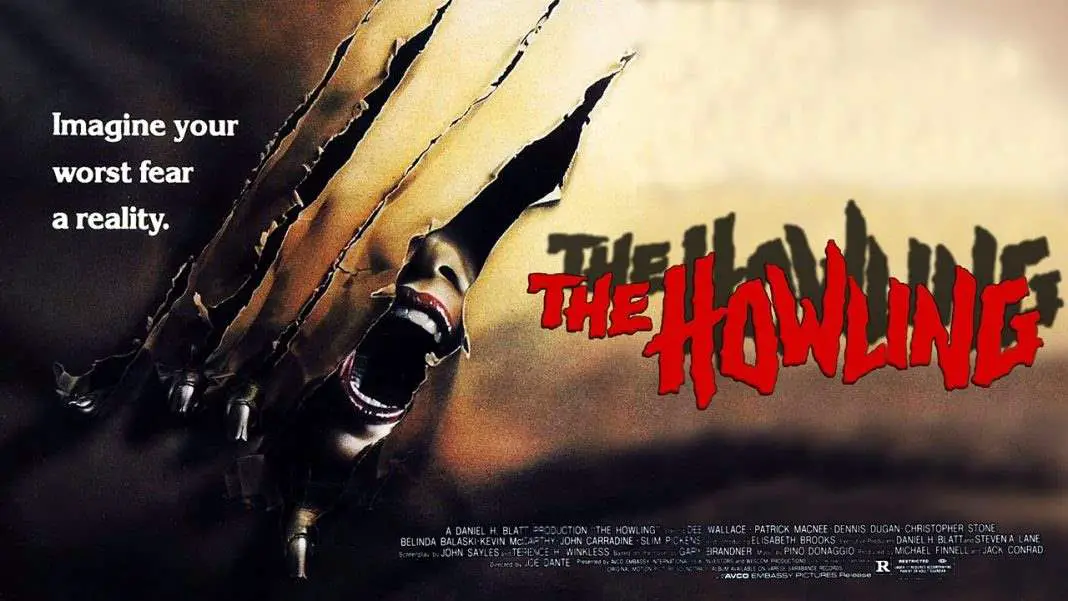Over the years, the horror genre has adapted and grown. Whether good, bad, or indifferent, there’s no preventing its evolution. The new millennium has afforded a new group of filmmakers the opportunity to present social and political commenatery by way of horror cinema. The civil debate that has followed often seems to become anything but civil, with fans especially eager to accuse filmmakers of politicizing the horror genre.
Directors like Jordan Peele and Ari Aster have made a name for themselves by merging subtext with traditional horror themes and tropes. The term ‘woke’ has been shouted from rooftops when describing Peele’s work. However, Peele isn’t the first to combine social or political commentary with horror cinema. Not by a longshot.
Many Universal Monsters, for example, posit a fairly distinct commentary on the nature of man. I’ve always found it difficult to refer to Frankenstein’s Monster, as a monster at all, though. The Doctor possessed the traits of a truly awful person, whereas the monster was merely a byproduct of his environment. But I digress.
Did You Know? Wicked Horror TV Has Classic and Independent Horror Films Available to Stream for Free!
Early horror cinema is riddled with social commentary, generally about the nature of man or the divisiveness of financial classes. The Twilight Zone is another great example of that and Rod Serling wouldn’t have had it any other way. Not to mention, Romero’s Night of The Living Dead is rife with sociopolitcal themes. But for some reason, people didn’t seem to get up in arms over that.Let’s fast-forward to the end of the 1980s. One would dare anybody to deny that John Carpenter’s They Live is a direct attack on modern capitalism and yuppie culture. Brian Yuzna’s infamous classic Society doesn’t even try to be anything other than obvious with its themes on wealth and corruption. Jumping ahead to the new millemium, similar messaging can also be found in James DeMonaco’s the Purge series.
There are many more horror films that that I’ve left out for the sake of brevity. But suffice to say that horror has always been political. Anyone suggesting that social and political commentary in genre cinema is a recent phenomenon hasn’t been paying attention or has some substantial blindspots to fill in.
I think some of this comes down to timing. Get Out sparked much debate on the subject of themes and subtext. But that may be because the film was released amidst efforts to bring critical race theory and equality into our schools. On that basis, it may have hit differnetly than prior efforts with similar themes. But that hardly makes Jordan Peele the first filmmaker in the genre space to speak to such themes.
All things considered, racism is horrifying. As such, it seems only natural to speak to that and other cultural issues in genre cinema. Horror is politcal and always has been. The only thing that has changed is that more people seem to be picking up on it.
